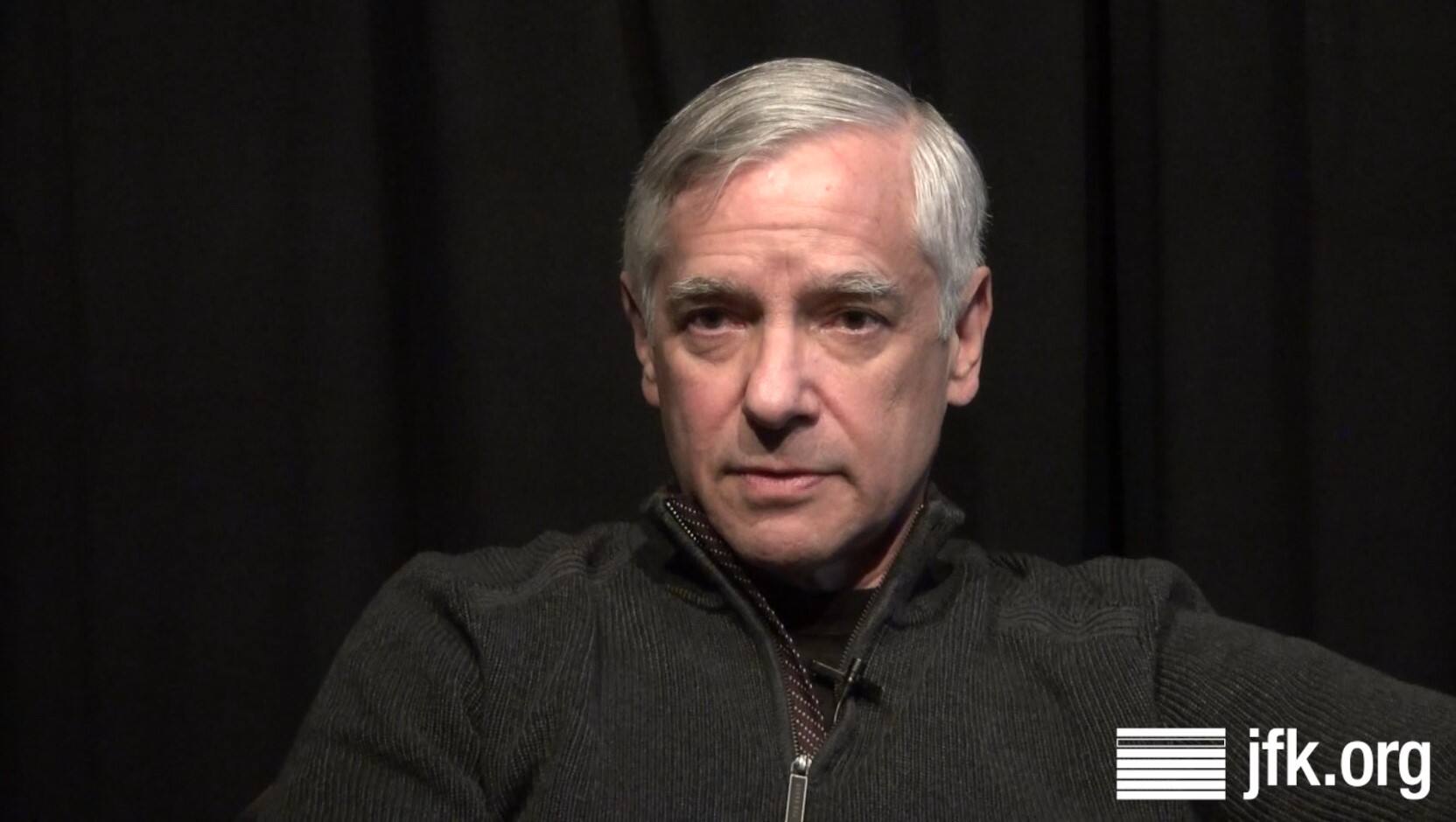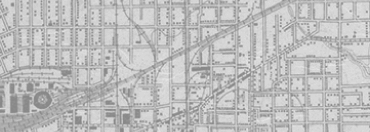


Back
Dr. Paul Sokal Oral History
Videotaped oral history interview with Dr. Paul Sokal. An award-winning fine art photographer, Sokal in 2018 created a project entitled "21 November," a triptych depicting the night before the Kennedy assassination. He donated this original work to The Sixth Floor Museum. Interview conducted at The Sixth Floor Museum at Dealey Plaza on February 08, 2019 by Curator Stephen Fagin. The interview is 49 minutes long.The video attached to this record is an excerpt. The entire interview is available in our Reading Room to on-site researchers or by submitting a Rights & Reproductions Request Form.
Dr. Paul Sokal Oral History
02/08/2019
Born digital (.m2ts file)
Duration: 49 Minutes
Oral History Collection/The Sixth Floor Museum at Dealey Plaza
2019.001.0009
Exhibit Label: A native Texan, Paul Sokal got his first real camera, a Voigtlander Rangefinder, in 1964 and won his first photography prize in 1969 in the Buffalo Evening News Amateur Snapshot Contest. He then took a 25-year hiatus to become a medical doctor but returned to photography and began shooting weddings in 2004. Sokal shifted his focus to fine art photography, and his images have been exhibited in galleries as well as private and corporate collections. He has won numerous awards, including the Grand Prize in Dallas’ inaugural Trinity River Photography Contest and two merit awards in the Black and White Magazine Individual Image Contest. He is a photography judge for the State Fair of Texas, and one of his large Dallas panoramas hung in the office of former Dallas Mayor Mike Rawlings. (Text from Special exhibit, "Art Reframes History," on view on the Museum's seventh floor from September 9, 2020 through May 9, 2021)
Dallas photographer Paul Sokal was ten years old and living in Williamsville, New York, at the time of the assassination. That early childhood memory played a key role in the inspiration for his triptych, "21 November." In this February 2019 oral history, Sokal recalls, "I was in one of my favorite junk stores, and I saw this TV. And I said, 'I've got to have that TV. I don't know why. I just know I need to have it.' And it sat in my studio for several months, and I was waiting for it to inspire me." Sokal began to think about the great television event of his childhood, when such a vintage TV would have been in use, and quickly decided that it had to be the Kennedy assassination. From there, Sokal began to think "about what a monstrous act it was, but it was committed by one or more human beings, not a monster. And what was that like the night before? And so, the TV led me to construct a set piece in my studio...." -- Stephen Fagin, Curator
An October 2020 gallery talk with Paul Sokal, part of the Museum's "Interrogating Art" virtual series to support the special exhibit "Art Reframes History," may be viewed on the Museum's YouTube channel: https://www.youtube.com/watch?v=9roGBdydn-k. -- Stephen Fagin, Curator

Dr. Paul Sokal Oral History
Videotaped oral history interview with Dr. Paul Sokal. An award-winning fine art photographer, Sokal in 2018 created a project entitled "21 November," a triptych depicting the night before the Kennedy assassination. He donated this original work to The Sixth Floor Museum. Interview conducted at The Sixth Floor Museum at Dealey Plaza on February 08, 2019 by Curator Stephen Fagin. The interview is 49 minutes long.The video attached to this record is an excerpt. The entire interview is available in our Reading Room to on-site researchers or by submitting a Rights & Reproductions Request Form.
Dr. Paul Sokal Oral History
02/08/2019
Oral histories
Assassination
Photographer
Artist
Photographs
Artwork
Dallas
Artists (OHC)
Popular Culture (OHC)
Born digital (.m2ts file)
Duration: 49 Minutes
Oral History Collection/The Sixth Floor Museum at Dealey Plaza
2019.001.0009
Exhibit Label: A native Texan, Paul Sokal got his first real camera, a Voigtlander Rangefinder, in 1964 and won his first photography prize in 1969 in the Buffalo Evening News Amateur Snapshot Contest. He then took a 25-year hiatus to become a medical doctor but returned to photography and began shooting weddings in 2004. Sokal shifted his focus to fine art photography, and his images have been exhibited in galleries as well as private and corporate collections. He has won numerous awards, including the Grand Prize in Dallas’ inaugural Trinity River Photography Contest and two merit awards in the Black and White Magazine Individual Image Contest. He is a photography judge for the State Fair of Texas, and one of his large Dallas panoramas hung in the office of former Dallas Mayor Mike Rawlings. (Text from Special exhibit, "Art Reframes History," on view on the Museum's seventh floor from September 9, 2020 through May 9, 2021)
Dallas photographer Paul Sokal was ten years old and living in Williamsville, New York, at the time of the assassination. That early childhood memory played a key role in the inspiration for his triptych, "21 November." In this February 2019 oral history, Sokal recalls, "I was in one of my favorite junk stores, and I saw this TV. And I said, 'I've got to have that TV. I don't know why. I just know I need to have it.' And it sat in my studio for several months, and I was waiting for it to inspire me." Sokal began to think about the great television event of his childhood, when such a vintage TV would have been in use, and quickly decided that it had to be the Kennedy assassination. From there, Sokal began to think "about what a monstrous act it was, but it was committed by one or more human beings, not a monster. And what was that like the night before? And so, the TV led me to construct a set piece in my studio...." -- Stephen Fagin, Curator
An October 2020 gallery talk with Paul Sokal, part of the Museum's "Interrogating Art" virtual series to support the special exhibit "Art Reframes History," may be viewed on the Museum's YouTube channel: https://www.youtube.com/watch?v=9roGBdydn-k. -- Stephen Fagin, Curator








